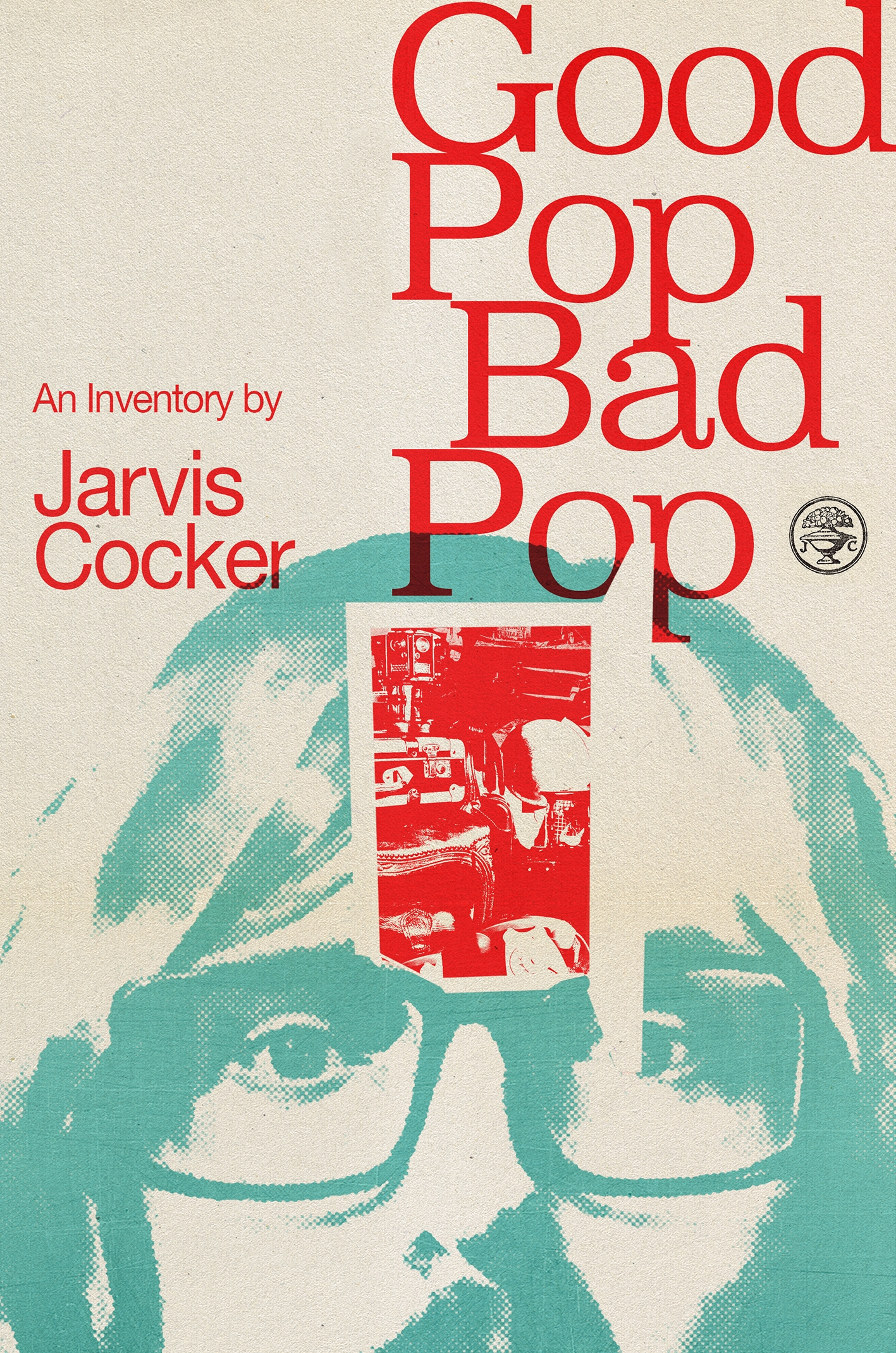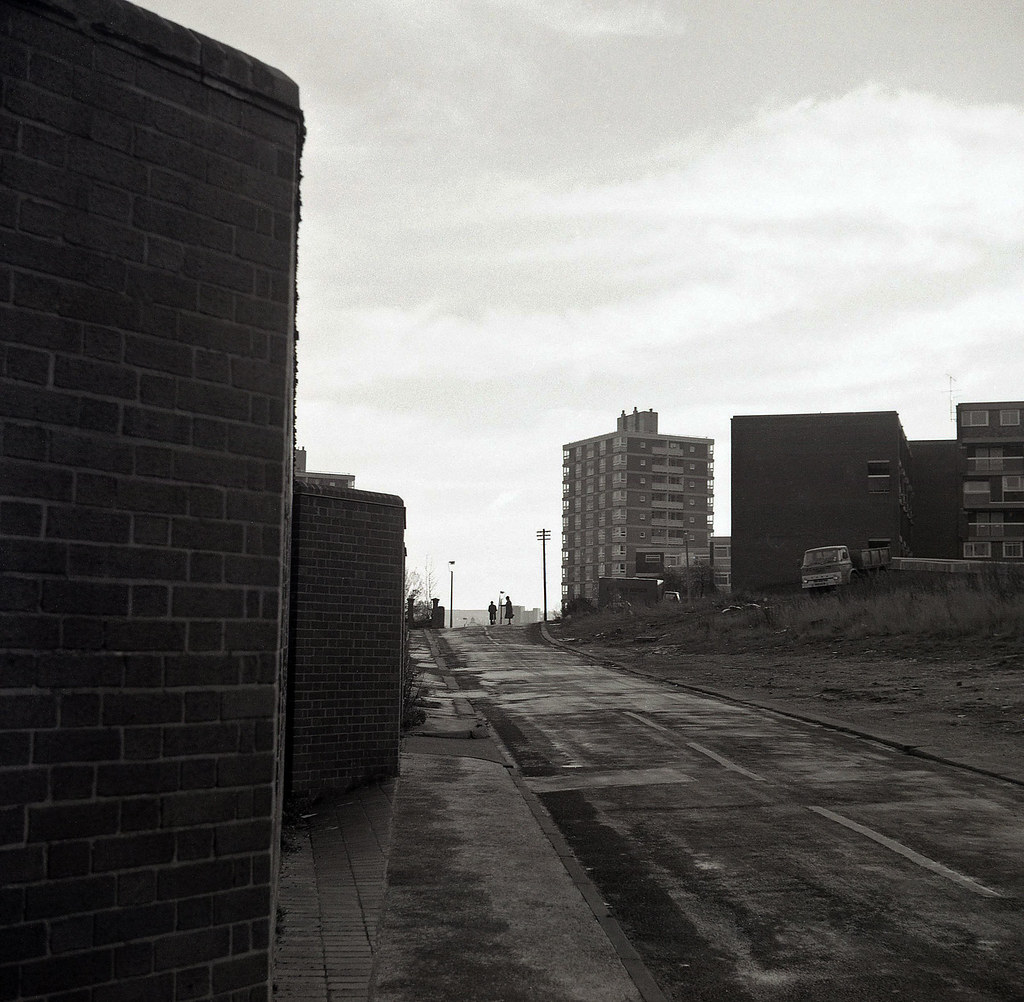
★★★★☆
A brilliant new book from Jarvis Cocker, which is out today, rummages around the contents of his loft to find hidden gems and marvellous insights into the making of the Pulp frontman.
A good chunk of the way through, when discussing his collection of broken glasses – the spectacles that have become so synonymous with his image – Jarvis Cocker remarks how we all tell ourselves stories about our pasts. These stories, he says, come from evidence we’ve accumulated over the years, which eventually become the narratives of our lives – ‘The Truth’, he capitalises for emphasis.
It’s among many of the profundities interspersed in this book; sprinkled amongst some of the sillier anecdotes (the good kind of silly, of course). Indeed, Good Pop, Bad Pop is all about sifting through the various odds and ends hidden inside Jarvis’s loft, until you stumble on an item, or worthy idea, that reveals something about not just his life, but life as a whole.
His motivation for this moment of revelation is to admit that he had actually misinformed us about the time and reason for when he had to start wearing glasses. “These truths” – such as when we became bespectacled – ““can endure for years & years. Often for a whole lifetime. But, every now & then, something happens to make us reconsider them.”

His admittance typifies the honesty of this book. Famous people, especially nowadays, often design their worlds to keep their fans at arm’s length, creating the allure of mystery. In Good Pop, Bad Pop, however, one of the most recognisable names of the Britpop era drops his guard (in much the same way he’s often dropped his glasses, thereby breaking them) and cordially invites us in.
What’s more, we’re let into his storehouse of memories, relayed to us one novelty item at a time, during his pre-fame childhood and adolescent period. We’re on a par with Jarvis as he makes his way in the world, wanting him to succeed (whilst knowing he ultimately does).
It wasn’t always easy for him. At one particular period, he was living on the dole – or, Supplementary Benefit, as he corrects it (“‘the dole’ just sounds more … iconic”) – in a flat above a disused factory, which didn’t have heating. This was in Thatcher’s Britain. A time when, he recalls, he would go to auctions where “grown men [were] bidding in 10p increments” for boxes that contained such items as “a fish slice, three unmatched plates, a dog toy”, where “nothing went for more than £2”; such a recollection “sums up Sheffield in the mid-80s for me,” he says.
Amidst an ongoing cost-of-living crisis now, it seems oddly (and somewhat depressingly) pertinent to be reminded of such times. That, though, is just another aspect which makes this book worthy of a read right now.

The book tells the story of Sheffield in the 80s, as observed through the eyes of the Pulp frontman.
It was from the roof of this same old factory that Jarvis fell one night in November 1985, whilst trying to impress a girl – how exactly he was hoping this would impress her is something you’ll have to read for yourself.
The resulting fractures and broken bones down the right-hand side of his body make you wince just reading about them. Yet that hard thud to the ground smacked the very intensity of life into his soul which, coupled with him being bedridden in hospital for months, led to a new way of transmuting the world around him into the lyrics that would, in turn, eventually lead to his and Pulp’s success.
Jarvis doesn’t just have a knack for song lyrics either, it seems. Despite this being the first memoir written by him (and possibly the first life-told-through-contents-of-loft memoir), there are definite moments when you feel him stretching his literary muscles.
One such passage, for instance, reads as though it were Upton Sinclair’s The Jungle. “I am standing alone in the looming darkness. The floorboards are bare. It’s a harsh, spartan environment. The trusty Hopf guitar, held like a shield between me & the world, has been stripped of all its ornamentation. These are cold, hard times. There’s a miners’ strike taking place at the moment that will change the whole personality of the UK. There are two million people on the dole. Sheffield is particularly hard hit because it is an industrial city. Steel City, even. Welcome to the mid-1980s.”

Photo: Tom Jamieson
There’s equally well-written, far less bleak, passages describing some of the heroes that inspired him too. From Mark E. Smith to the legendary John Peel, who opened up a whole new realm of sounds and music to Jarvis – and countless others – and whom Pulp would eventually visit for a recording session. (It seems strangely timely that John Peel’s estate recently announced it was selling some of the rare items from its collection, as though they too had been looking for gold through the items in Peel’s archive.)
There’s praise for Andy Warhol, the pioneer of good pop, and the band he famously managed, The Velvet Underground; and appreciation for Scott Walker too, whose music epitomised for Jarvis “the ‘epic in the everyday’ made audible”.
This book, with its lovely, complementary design from Julian House, shows the ‘epic made in the everyday’ both legible and visual. There’s a good deal of wit too, as Jarvis points out the oddities as to why he’s held on to old Lemsip packets, the horrific style of his old shirts and the designs of Pulp posters and logos through their formative years.
Jarvis prefaces his book in the fabulously down-to-earth, engaging manner he talks to us in throughout; explaining to us like we’re his kid helping him clear the attic on a Sunday morning that when he says “Cob”, we’re to throw the item away: “‘Cob’ being a Sheffield word meaning ‘to throw’, e.g. ‘I cobbed it at a kid,’” he says.
Frankly, I’ve not read anything less Cob-worthy in recent years. This one’s a keeper. And if you do end up storing it in your attic, one day you might pull it down and recall the very period you read it.




